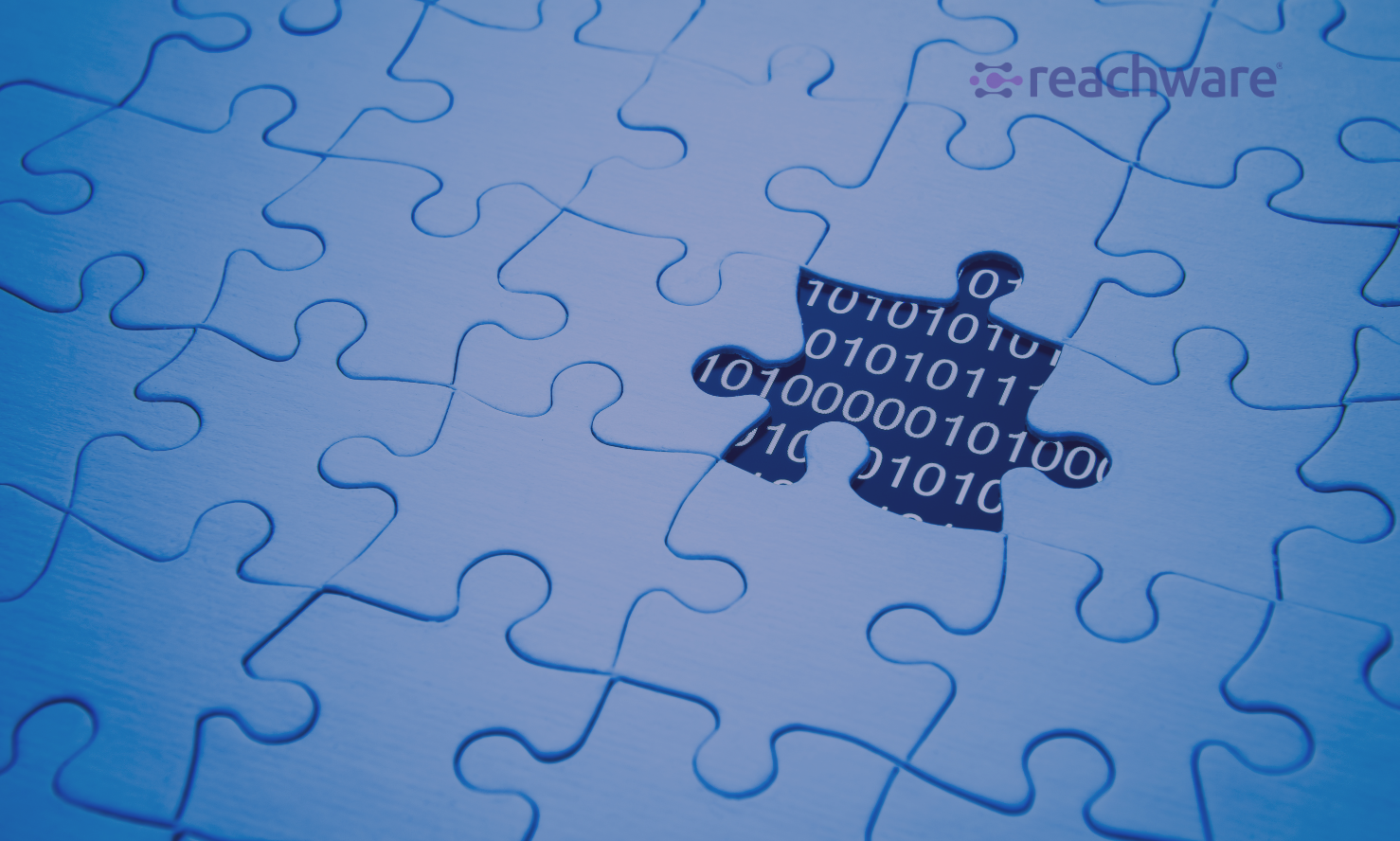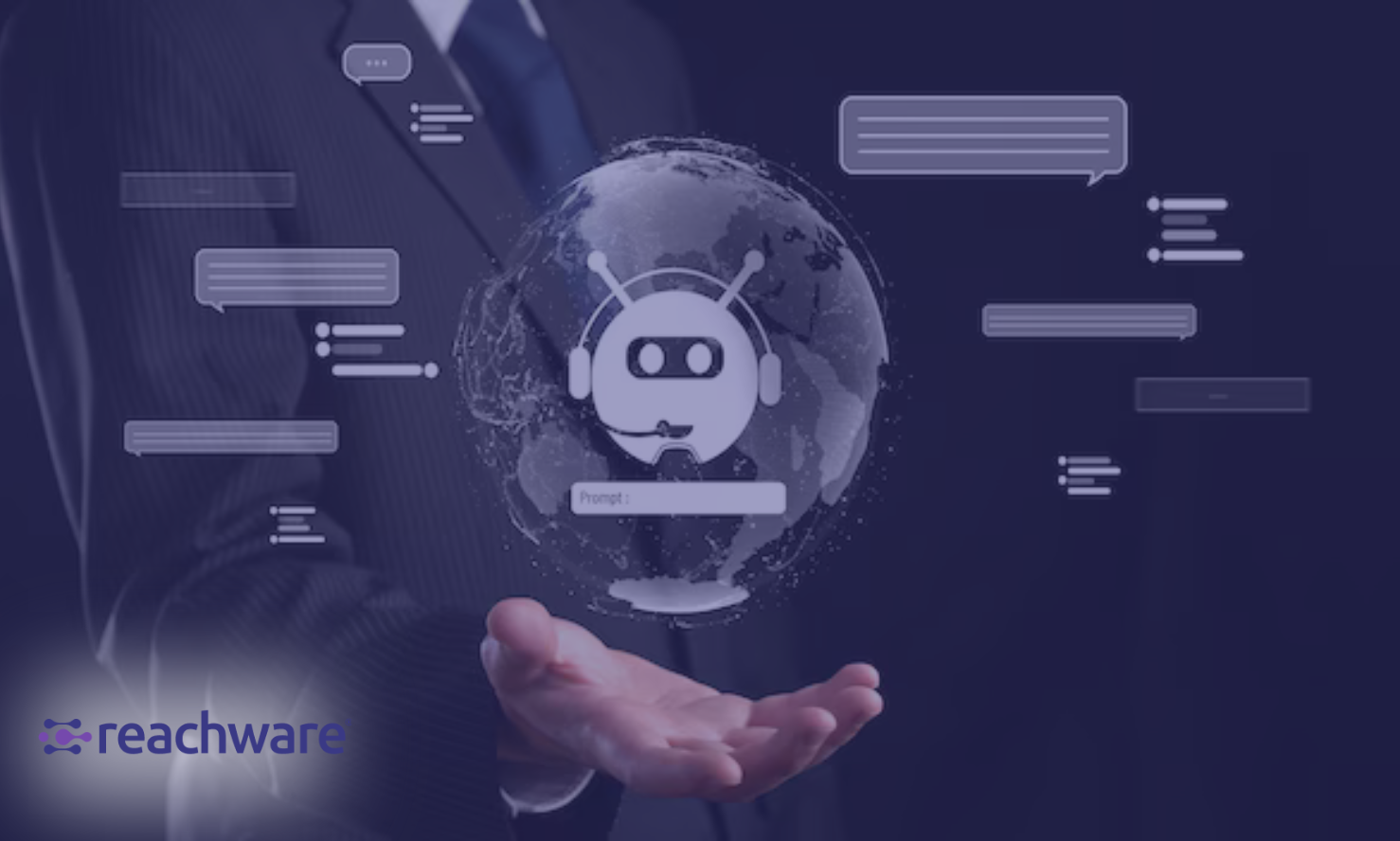Beyond Integrations: Using MCP to Power Adaptive Business Logic in iPaaS

Model Context Protocol (MCP) is a way to allow business logic to be more dynamic and contextual (in an iPaaS Integration Platform as a Service). More simply, MCP allows "an integration" to consider the context it’s in and determine how to act. For example, consider a workflow where a process was in place to manage the orderly process of processing an order. Typically, one workflow is established, and it is not flexible, meaning that it handles the order the same regardless of other conditions or situations impacting the order (e.g., type of customer, location of customer, etc.). In the MCP conceptual framework, the rules or logic (what will happen) and context (when and how it will happen or not happen) are decoupled, and the logic can be repeated and utilized across varied situations. Thus, an integration becomes smarter, more context-aware, and more manageable.
Using MCP in iPaaS
When using MCP in an iPaaS, you typically define the models (the logic) and define the contexts (the data or conditions around the logic) separately, and, at run time, they can be combined to determine what action to take. For instance, you want to integrate a CRM with a marketing platform. You can define a general rule, for instance, "email a promo to new leads," and then you can define context parameters that might change that logic such that by context, it could send different emails or trigger different workflows based on the leads region, industry, source of sign up, etc. Adaptive behavior enables businesses to personalize experiences, optimize operations, and greatly assist in leveraging contextually relevant integrations without having to flush logic and rebuild it each time for the current use case.
Key Features of MCP
1. Dynamic Model Binding
MCP is very strong at dynamically binding context-based models against many integration flows and services. More specifically, rather than static, hard-coded logic, MCP enables business users to define flexible models that reshape their behavior according to real-time business context, such as customer type, transaction activity, or time of day. Because of its modeling and dynamic binding capabilities, MCP is capable of intelligent automation and contextual decision-making. It allows integration platforms to adapt their decisions across different situations, which may require no manual action or code updates.
2. Metadata-Driven
Another powerful aspect of MCP is that it is not only metadata-driven, but it is designed to let knowledge workers create, manage, and modify business logic and integration rules using structured metadata instead of a traditional programming language. It is important to note that this makes it possible to decouple the business logic from the target underlying systems, allowing organizations to change processes and business policies without needing to prove a programming skill set. In addition, embracing metadata increases visibility, transparency, and governance since every change can easily be monitored and audited. Using a metadata-driven approach reduces development timeframes, increases speed to deployment, and allows business users to push innovation by participating in a real way when designing business processes and logic with visual designer tools.
3. Contextual Execution
MCP is capable of contextually executing workflows and integrations. In other words, it evaluates inbound data, incoming data context, and environmental variables to determine the logical path to follow. For example, the same transaction flow could be processed differently based on region, compliance rules, or overall risk. Contextual intelligence, in this way, ensures that integrators are doing the right things in a timely fashion across different use cases and creates downward pressure on the necessity for exception-handling code by anticipatory adjusting to variations.
4. Reusability and Modular Design
MCP harnesses a highly modular design of business logic through reusable components and sub-models. Integration tasks can be designed just once and then reused in multiple workflows and applications. This modularity leads to better maintenance, standardization, and shorter development cycles. It also makes scalability easier because once components are in a sub-model, they can be updated or extended without worrying about breaking a larger model. Reusability also eliminates redundancy and enhances efficiency while overall managing complex integrations.
5. Seamless Integration with iPaaS Platforms
An additional strength of MCP is its ease of integration with mainstream iPaaS products. MCP provides a smart layer over iPaaS products to improve the functionality of iPaaS by introducing a model-based intelligence layer in the data flows and API calls. As a result, MCP orchestrates adaptive logic. At the same time, the iPaaS product handles the connectivity, transformation, and messaging processes. Together, MCP and iPaaS make a very powerful and flexible integration landscape and offer the ability to innovate faster, adapt in real-time, and lower the total cost of ownership.
Why Saudi Organizations Must Adopt MCP-Enabled Technology for Integration
Saudi organizations are evolving quickly and showing a commitment to the Kingdom of Saudi Arabia as outlined in Vision 2030. Digital innovation, in addition to operational efficiency and global competitiveness, is a primary theme of Vision 2030. In a rapidly changing organizational environment, organizations will require the use of flexible, automated technology to manage integration across departments, partners (real and virtual), and digital-enabled platforms - rather than manual systems and rigid integration points. MCP-enabled technology allows organizations to support agility with little requirement to develop any new capabilities to recognize instantaneous changes in regulations, customer behaviors, or market conditions. In a similar understanding, organizations are able to create context-aware, model-driven logic to recognize new environmental interactions that automatically update the state of the enterprise integration without redeveloping anything. This new process is greatly preferred for industries that inherently operate in highly variable environments, such as financial services, retail, supply chain, and even healthcare.
MCP-enabled integration platforms like Reachware help organizations to decrease IT overhead for development, automate workflow, and allow organizations to embed services into whatever environment they see most fit - with a level of confidence never ever thought possible and price points considerably lower and as cloud apps, IoT systems, and multi-channel engagement possibilities become a common part of business, scaling speed needs to be partnered to an intelligent integration layer, it goes beyond connectivity. It will also allow organizations to orchestrate sophisticated systems - like data governance, data monitoring, and compliance - in industries that must comply with consumer privacy and digital security regulations. Finally, however you consider it, MCP is not insignificant technology - it is an essential tool to embrace as organizations evolve in a fast-paced business world that reflects an expansive and ambiguous digital economy for Saudi organizations to explore.
Benefits of Using MCP to Business Logic in iPaaS
Advanced AI-Driven Capabilities
Adopting a Model-Driven Configuration Platform (MCP) to improve adaptive business logic in Integration Platform as a Service (iPaaS) provides unprecedented adaptability and flexibility to the integration landscape of the enterprise. Traditional means of constructing business logic using hard-coded approaches frequently hinder the desired nimbleness, as inflexible processes are challenging to rearrange in order to align with changing business requirements and objectives. Utilizing MCP to achieve the model-driven paradigm allows organizations to manage and define their business rules, workflows, and integration logic in a visual, using metadata-based configuration modality rather than a complex coded modality. It will also allow non-technical stakeholders, i.e., business analysts, to be included in integrating design and evolution, which will relieve developers. At the same time, it exponentially shortens the time span needed to implement changes.
Dynamic Adaptability
Businesses in Saudi Arabia will be able to respond to marketplace demands, regulatory requirements, or operational change without hamstringing their integration strategy. MCP will even allow for iPaaS to achieve dynamic adaptability that will allow an organization to change its business logic in real time with no downtime in the system or loss of functionality. This agility is essential for today's enterprises, which must focus on continuous innovation and consistently seamless customer experiences through a myriad of interaction channels. Abstraction of the logic layer and disassociation from the application code will not only allow the business logic to be evaluated and simulated. Still, it will also allow the logic to be deployed without risk and relatively seamlessly in any number of integration circumstances.
Resilience & Scalability
The model-driven approach to organizing business logic will also improve governance, risk avoidance, and error creation aspects when systems are updated or scaled and improve uniformity and reusability aspects when the system is updated or scaled. Lastly, the MCP will enhance resiliency, scalability, and responsiveness to business needs, supporting the iPaaS as a strategic enabler for organizations in their digital transformation efforts and for integrating ecosystems in a more fluidly, silky-smooth manner. Reachware is the provider of MCP to Saudi businesses in iPaaS. Connect with Reachware to get the most advanced technological solutions.
Reachware Provides MCP in iPaaS Functionality in Saudi Arabia
Reachware provides Model Context Protocol (MCP) in KSA as a critical enabler of intelligent, adaptive integration for businesses operating in many different sectors. It provides the Model Context Protocol as part of its powerful integration platform. It enables organizations to move away from static, code-based logic to engage in model-driven, context-aware processes. Therefore, Saudi entities will be able to respond quickly to rapidly changing market needs, regulatory changes, and consumer expectations without being delayed through the coding update process mandated by hard-coded logic. With local support, compliance consultative architecture, and an Arabic-enabled offering, Reachware provides differentiated, localized, MCP-enabled solutions relevant to the needs of regional businesses and cultural contexts, which provides digital agility with a focus on operational efficiency.
Final Words
When MCP is utilized in an iPaaS context, Reachware's functionality adds another layer of intelligence and adaptability. It augments iPaaS platforms with capabilities such as metadata-enabled configurations, dynamic model binding, and real-time decision logic. This helps streamline an organization's complex workflows and significantly reduce integration costs. Organizations in KSA get to benefit from a future-proofed application infrastructure that enables integration to both legacy or modern applications quickly and provides fast integration across long, multi-faceted target integration systems such as ERP, CRM, e-commerce solutions, and so on. The MCP-supported iPaaS offering from Reachware is perfect for organizations that want to scale their operations with a desire to shorten time-to-market and engage in opportunities for digital transformation, as articulated in Vision 2030.
Frequently Asked Questions
What is MCP, and what type of value does it create for Saudi businesses?
MCP (Model Context Protocol) provides businesses the ability to create adaptive, model-driven logic that is responsive in real time. Businesses in Saudi Arabia can leverage MCP to remain agile.
How does Reachware use the MCP for its Integration Solutions?
Reachware embeds MCP with its iPaaS platform to achieve smarter workflows that are contextually aware. Reachware customers can automate intelligent decision-making, reduce development cycles, and prioritize secondary coding for complex integrations.
Will Reachware's MCP technology enhance the technology that a business already has?
Yes! Reachware technology is easy to deploy with existing legacy or modern systems. It will help businesses develop their digital aspirations while keeping their pre-existing infrastructure.
Why should Saudi businesses select Reachware's Integration technology?
Reachware is ideal for businesses in Saudi Arabia as it provides localized support, compliance-aware features, and Arabic-language compatibility to integrate with a seamless vision of digital transformation easily.




























